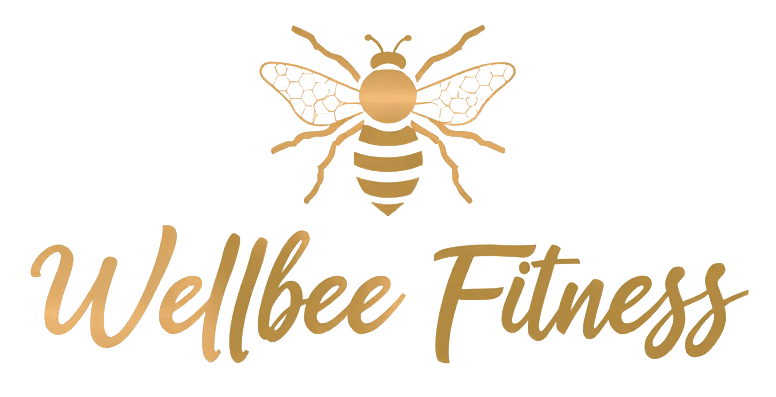What happens when two identical twins live side by side for twelve weeks, meticulously matching their training, routines, and lifestyles—except for one big difference? One goes vegan, the other stays omnivore. The results are as intriguing as a family Christmas dinner debate… only with real science involved this time.
The Ultimate Twin Test: Vegan vs. Omnivore, Science-Edition
The idea of a diet determining health has divided people for years—just ask anyone at a barbecue if tofu can compete with steak. Passionate arguments for and against vegan diets abound. Ross and Hugo Turner, adventurous 32-year-old identical twins (think matching DNA, not just matching sweaters), set out to cut through the debates with a unique experiment overseen by researchers at King’s College.
The plan: for three months, Ross would keep his usual omnivorous diet while Hugo dove headfirst into a fully plant-based regimen. Their experiment included strict controls to ensure the results weren’t skewed by external factors. With identical genetic makeup and a shared adventurous spirit (these are not first-time human guinea pigs), the Turners were well-placed to explore which eating habits might actually win out.
Careful Controls, Big Contrasts
What made this test special? Everything except the diet stayed the same. Physical activity, sleep, and schedules—all were matched. Their shared DNA removed another layer of variability. With this setup, every change could be laid at the feet of chickpeas versus chicken.
Now, to the good stuff: after twelve weeks, the Turners saw some dramatic differences.
- Hugo (Vegan): Shed a kilogram, trimmed his body fat percentage, and—here comes the kicker—his cholesterol levels dropped significantly. This pointed to possible heart-health perks. He also reported feeling increasingly energised (once he stopped craving cheese, that is), especially during training. By week two, he was reaching for fruit and nuts to keep his blood sugar steady and felt his energy boosted throughout the day.
- Ross (Omnivore): Bulking season! Ross gained five kilograms of muscle mass—impressive by any fitness standard—but this was paired with a rise in body fat by two percentage points. Interestingly, his cholesterol stayed the course, with no change recorded. Yet, despite the muscle gains, Ross found himself reporting lower performance in training and felt he wasn’t achieving his full potential. This was a plot twist for those expecting plant-based diets to lead to low energy levels.
The take-home message here? The vegan diet nudged Hugo toward a leaner physique and cardiovascular benefits, while the omnivore approach seemed to support more rapid muscle growth—albeit with a pinch of extra body fat.
Microbiome Twists and Energy Surprises
Physical changes were only part of the story. The Turner experiment’s perhaps most unexpected finding came from the gut—yep, where the real action happens.
Analysis of Hugo’s microbiome showed considerable shifts after his move to plant proteins. These changes in intestinal flora are not just for trivia night: scientists believe they could play a major role in long-term health.
The researchers observed that such bacterial adjustments seemed to strengthen Hugo’s resistance to chronic illnesses, notably obesity and type 2 diabetes. This backs up the idea that what we eat dramatically shapes the ecosystem of our gut and, by extension, our overall health. The effect was notable given the short experiment duration and adds even more fuel to the « we are what we eat » fire.
On the energy front, the anecdotes from the twins upended some expectations. Hugo, the short-term vegan, enjoyed more balanced blood sugar andreported feeling perkier during workouts. Ross, the omnivore, experienced the opposite: lower perceived performance in training and a sense he wasn’t reaching his athletic peak. This surprise calls into question the stereotype that only meat can fuel high energy.
Reflections: It’s Not All or Nothing
Before you raid your fridge for tofu or a T-bone, remember: this twin test had limitations, starting with the limited sample size (just the two of them, unless there’s a third lost twin nobody’s mentioned yet). However, their experience offers an engrossing sneak peek into how different diets can shape not just our waistlines but our cholesterol, gut health, and even energy day-to-day.
- Plant-based diets may support a leaner build and promote long-term heart and gut health.
- Omnivorous diets appear better suited for rapid muscle gain, but they may bring along some extra body fat.
- The debate isn’t settled; individual health goals should inform the choice.
In the end, perhaps the real lesson is that there’s no single “winning” diet for everyone—just what fits best with your own goals and your body’s response. And if you want to really know how a diet works, maybe clone yourself for science—or, if that’s too much, start with a candid chat with your doctor and listen to your gut (literally).

John is a curious mind who loves to write about diverse topics. Passionate about sharing his thoughts and perspectives, he enjoys sparking conversations and encouraging discovery. For him, every subject is an invitation to discuss and learn.






